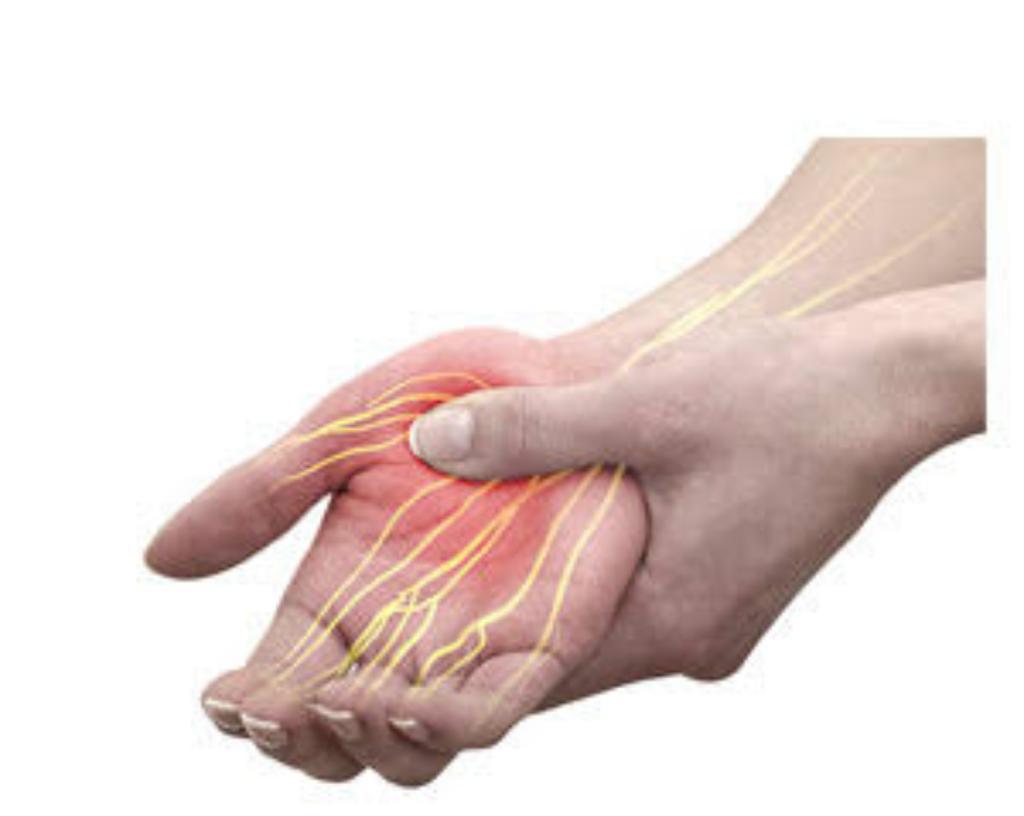Treatment of Peripheral Nerve Injuries

Introduction
Peripheral nerve compression injuries occur when a nerve is compressed or pinched, leading to pain, numbness, weakness, or loss of function. These injuries can result from trauma, repetitive motion, or anatomical abnormalities. The treatment of peripheral nerve compression injuries depends on the severity and location of the injury, as well as the individual needs of the patient.
Surgery for Peripheral Compression Nerve Injury
Surgery is often the preferred treatment for severe peripheral nerve compression injuries. The goal of surgery is to relieve the pressure on the affected nerve and restore its function. The type of surgery performed depends on the location of the injury and the underlying cause.
For example, carpal tunnel syndrome is a common peripheral nerve compression injury that affects the wrist. In this case, the surgeon may perform a carpal tunnel release surgery to relieve pressure on the median nerve. During the procedure, the surgeon cuts the ligament that is pressing on the nerve, allowing it to move freely and reduce symptoms.
Other types of surgery for peripheral nerve compression injuries include nerve decompression, nerve grafting, and nerve transfer. Nerve decompression involves removing the tissue or bone that is pressing on the nerve, while nerve grafting and transfer involve replacing damaged or missing sections of the nerve with healthy nerve tissue from another part of the body.
Non-Surgical Treatment Options
In some cases, non-surgical treatment options may be effective in relieving the symptoms of peripheral nerve compression injuries. These options may include:
- Physical therapy: Exercises and stretches may help to strengthen the affected muscles and improve the range of motion.
- Medications: Pain relievers or anti-inflammatory drugs may be prescribed to reduce pain and inflammation.
- Splints or braces: Wearing a splint or brace may help to immobilize the affected area and reduce pressure on the nerve.
- Lifestyle changes: Making changes to your work habits or daily activities may help to reduce the stress on the affected nerve.
While non-surgical treatment options may be effective in some cases, they may not be sufficient for severe or chronic peripheral nerve compression injuries.
Choosing a Nerve Surgeon in Pune
Choosing the right nerve surgeon is an important part of receiving effective treatment for peripheral nerve compression injuries. Dr. Chaitanya Karande Patil is a highly skilled and experienced nerve surgeon in Pune who specializes in the treatment of peripheral nerve injuries.
Dr. Chaitanya Karande Patil uses the latest surgical techniques and technologies to provide patients with the best possible outcomes. He works closely with each patient to develop an individualized treatment plan based on their specific needs and goals.
In addition to his expertise in nerve surgery, Dr. Chaitanya Karande Patil is also committed to providing compassionate and personalized care to each of his patients. He understands the physical and emotional challenges of peripheral nerve compression injuries and is dedicated to helping his patients achieve full recovery.
Conclusion
Peripheral nerve compression injuries can have a significant impact on your quality of life. However, with the right treatment, it is possible to relieve your symptoms and restore your function. If you are experiencing symptoms of a peripheral nerve compression injury, it is important to seek prompt medical attention.
Dr. Chaitanya Karande Patil is a trusted and experienced nerve surgeon in Pune who can provide you with the expert care you need. Whether you require surgery or non-surgical treatment, Dr. Chaitanya Karande Patil will work with you to develop a personalized treatment plan that meets your unique needs and goals. Contact him today to schedule a consultation and learn more about your treatment options.
